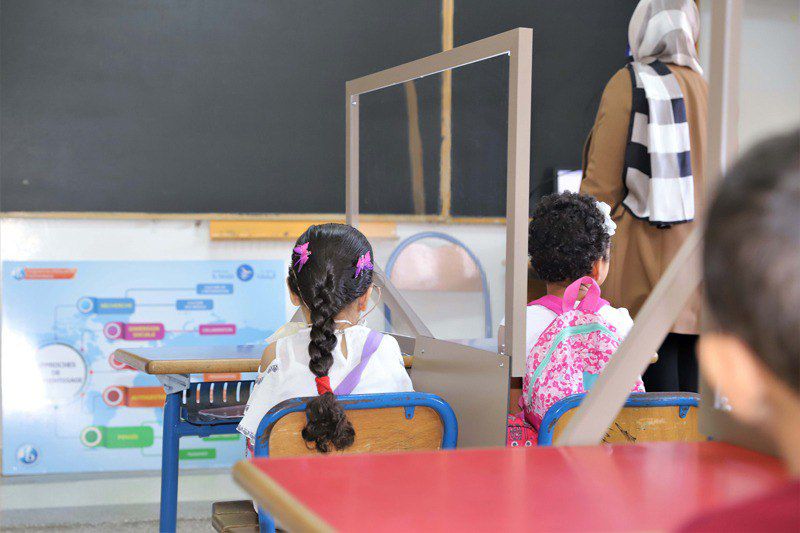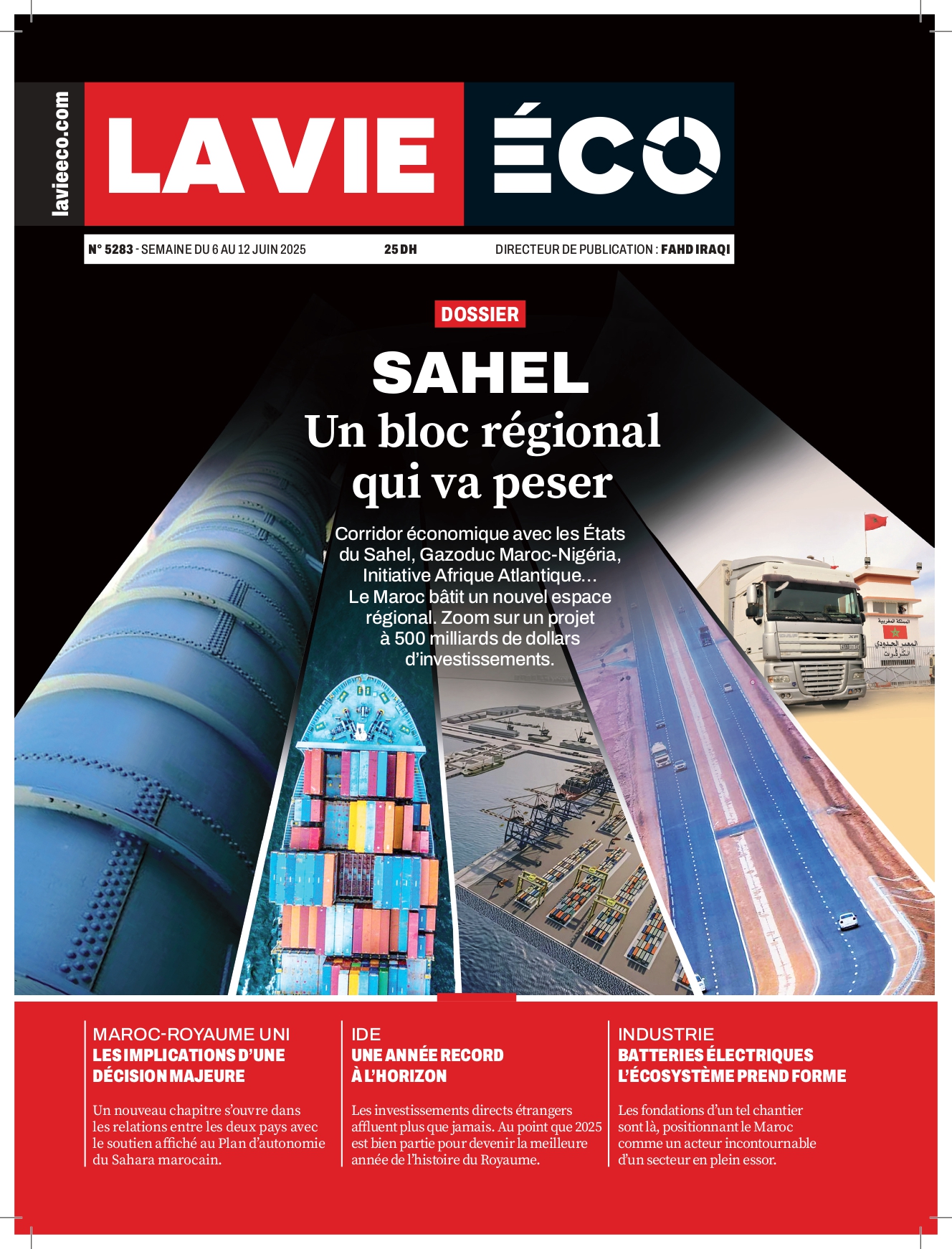Influences
Pioneer Schools: The Program Expanded to More Than 1.3 Million Primary School Students
The Head of Government, Aziz Akhannouch, highlighted in Parliament the very encouraging results of the pioneer schools experiment, which are reflected in achieving high levels of learning. The 2024-2025 school year was an ideal step to complete its generalization in primary education. The «pioneer colleges » program within secondary college education institutions was also launched this year.

The government’s approach to education reform essentially aims to achieve a qualitative leap towards the school of the future based on the new vision of the pioneer institutions project, launched in 2022, affirmed the Head of Government, Aziz Akhannouch, on Monday before the House of Representatives.
These schools, considered a pioneering experiment, aim to ensure the necessary conditions for a better school for all and to improve learning by adopting new teaching methods that guarantee the achievement of the objectives set by this government project, explained Aziz Akhannouch, who spoke during a plenary session dedicated to oral questions addressed to the Head of Government on general policy, focused on «The reform of the education system: from pioneer school to university of excellence in favor of future generations ».
The last school year marked the effective launch of the pioneer schools project, which covered more than 620 primary education institutions and benefited more than 330,000 students in urban and rural areas, in addition to supporting these institutions with an ambitious program to fill gaps according to the appropriate level of each student (TARL/Teaching at the Right Level) and a precise and regular evaluation of the degree of basic learning, he continued.
Pioneer Schools: Very Encouraging Results
Aziz Akhannouch thus highlighted the very encouraging results of this experiment, which are reflected in achieving high levels of learning, emphasizing that this system has seen a notable improvement in fundamental learning (mathematics, Arabic, and French).
Students belonging to pioneer schools obtained better results in evaluations compared to more than 82% of students who do not benefit from this program, he said, stressing that these very advanced results require the continuation of the generalization of this ambitious program.
Given this encouraging assessment, it was necessary to develop this «revolutionary» project for the benefit of public schools, continued the head of the Executive, specifying that the 2024-2025 school year was an ideal step to complete its national generalization, noting that the pioneer schools program expanded during this school year to include 2,626 primary schools with a student population of more than 1,300,000, or 30% of enrolled children.
Activation of Pioneer Colleges: 200,000 College Students Targeted Initially
The Head of Government also highlighted the activation of the «pioneer colleges» program within secondary college education institutions with the aim of achieving a radical change in the performance of public institutions within this educational cycle.
Aziz Akhannouch noted that the government aims, through this first experience within pioneer institutions, which concerns nearly 230 colleges, or 10% of cycle institutions, and benefits more than 200,000 students, supervised by 600 inspectors and more than 6,000 teachers, to reduce school dropout and multiply opportunities offered to students while developing their personal skills.
The government aspires for the pioneer institutions experience to be a crucial step in acquiring basic knowledge among students and their adherence to parallel training, to ensure their economic and social integration, which is likely «to reduce the number of young Moroccans who are unemployed and have neither received education nor training (NEET) ».
The Head of Government stated that the average execution cost of the pioneer school model (excluding payroll) is 25,000 MAD per class at the primary education level, and 30,000 MAD per class in college education, for the first year only, while annual management expenses amount to about 8,000 MAD per class in primary education and 12,500 MAD for college education.
Improvement of the Offer and Fight Against School Dropout
The development of the Moroccan school remains dependent on the modernization of the educational structure, noted Akhannouch, sharing on this occasion the government’s desire to develop the digital system of pioneer schools with a view to generalizing it.
Furthermore, the Head of Government reviewed the expansion of the school offer in urban and rural areas, noting that the supervising ministry worked during the current school year to create 189 primary schools, including 129 in rural areas, and to expand the community schools system, which plays a fundamental role in reducing school dropout, to reach 335 institutions in 2025 benefiting 90,000 students.
A modern digital structure offering equitable access to all stakeholders and contributing to improving their technical skills was also ensured, indicated Mr. Akhannouch, noting that the supervising department equipped, during this school year, more than 30,000 classrooms with necessary technical and pedagogical equipment for the success of the pioneer institutions experience.
In this regard, he praised the responsible commitment of the components of the education system, observing that since the launch of this project, more than 44,000 teachers have voluntarily contributed, alongside 560 inspectors and more than 2,626 principals, to this pioneer institutions project.
The government has a new vision for training, continuing education, and modernization of teaching methods, starting with continuous support for educational staff and regular evaluation of learning levels, specified the Head of Government.
In this respect, evaluations conducted by national institutions, notably the Higher Council for Education, Training, and Scientific Research, revealed the centrality and importance of training sessions for teachers, he said, adding that the results obtained confirmed the success of educational methods according to the TARL approach of explicit teaching in both urban and rural areas.
Akhannouch affirmed, in this sense, that the supervising ministry launched training sessions in explicit teaching for primary school teachers in pioneer institutions to equip them with the necessary skills, considering that this approach will meet the challenge of mastering and improving fundamental learning as an approach that aligns with the objectives of TARL.





